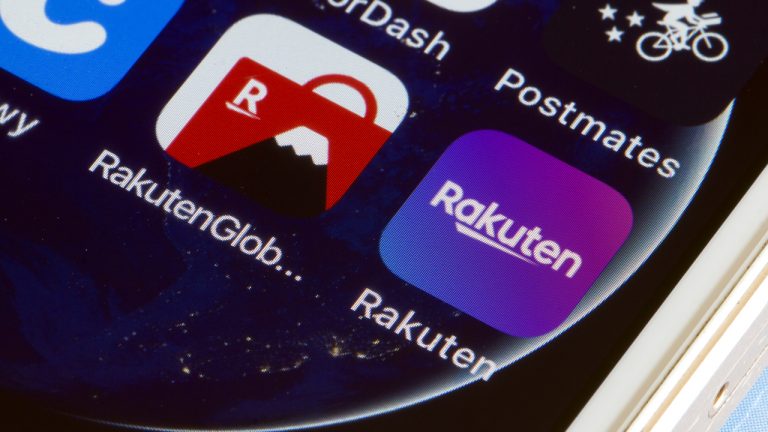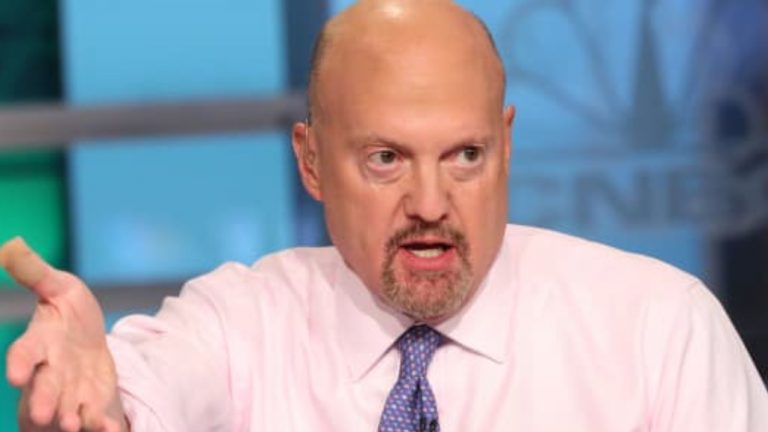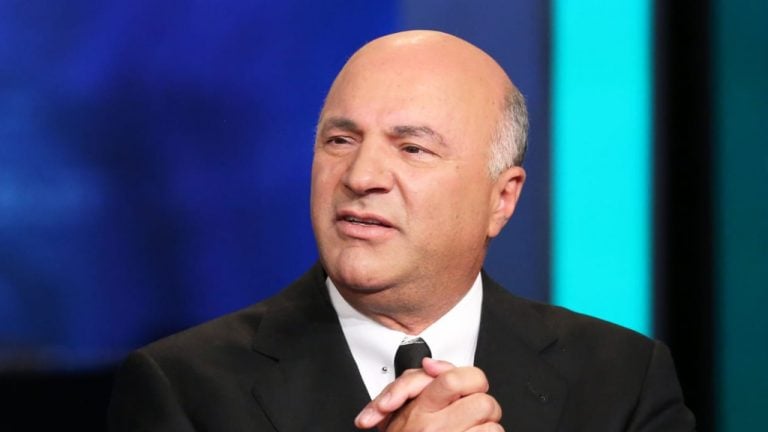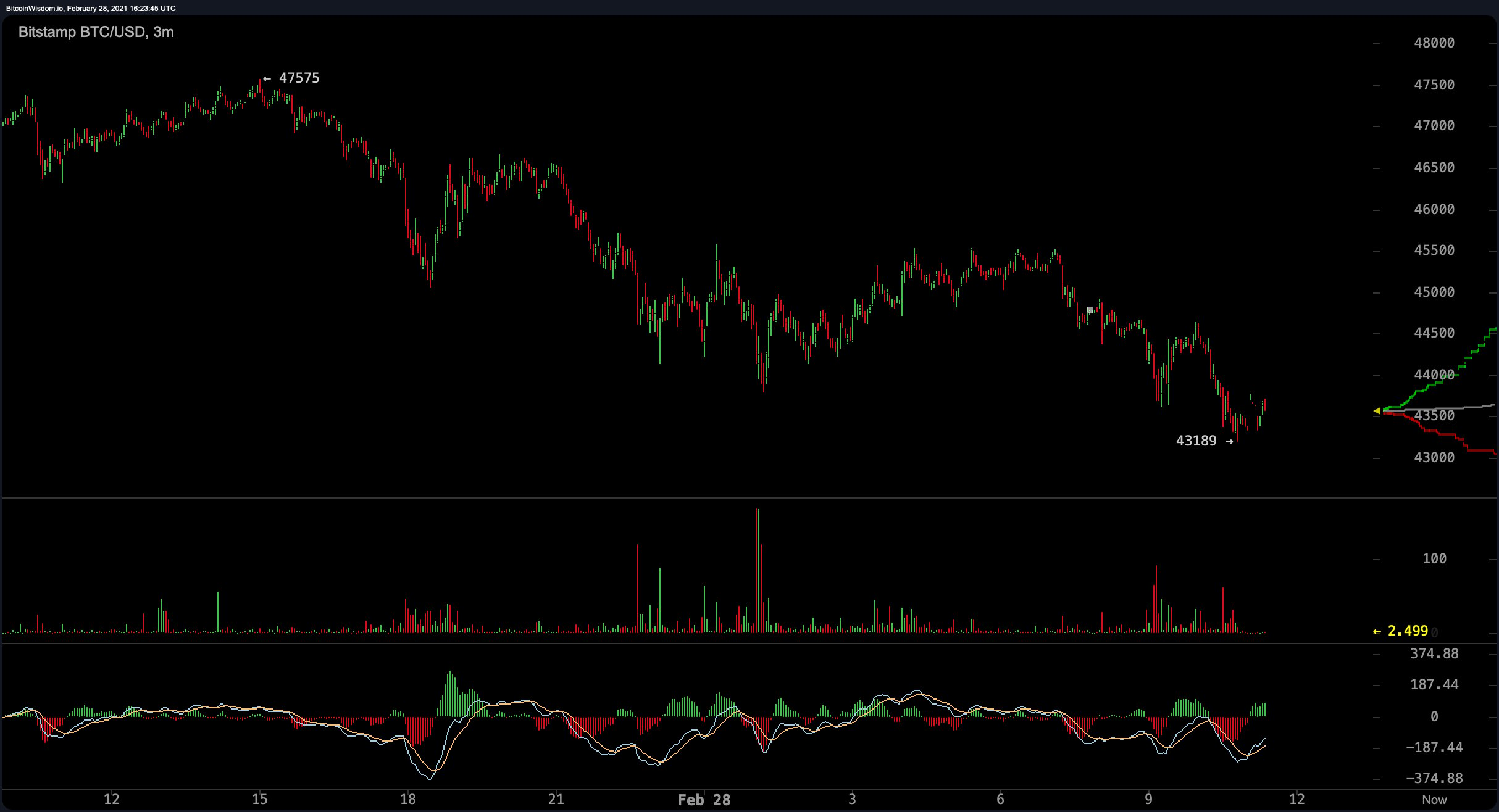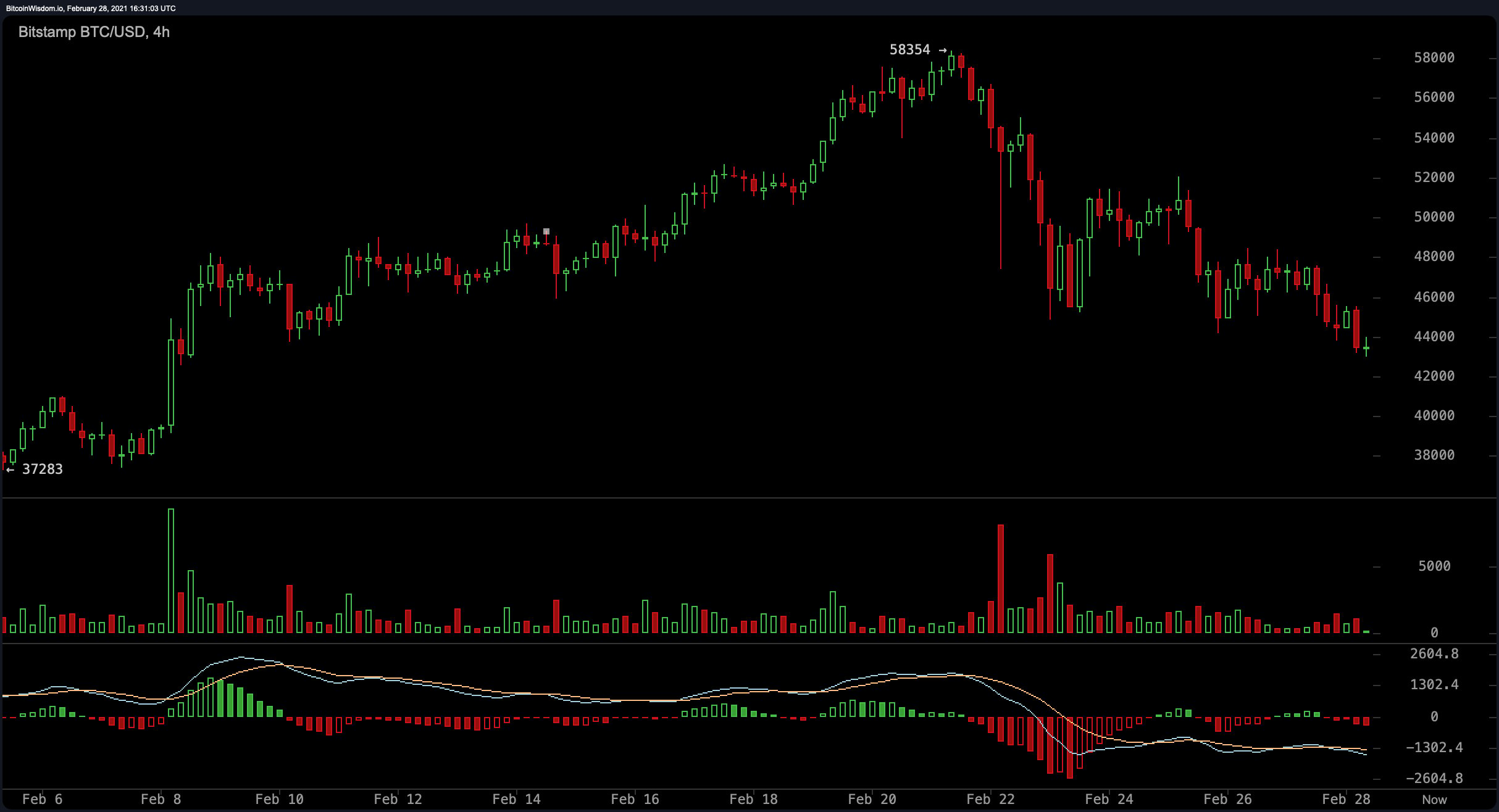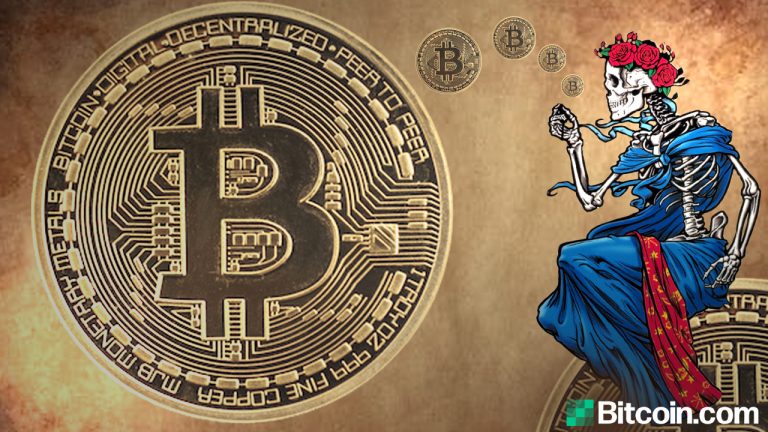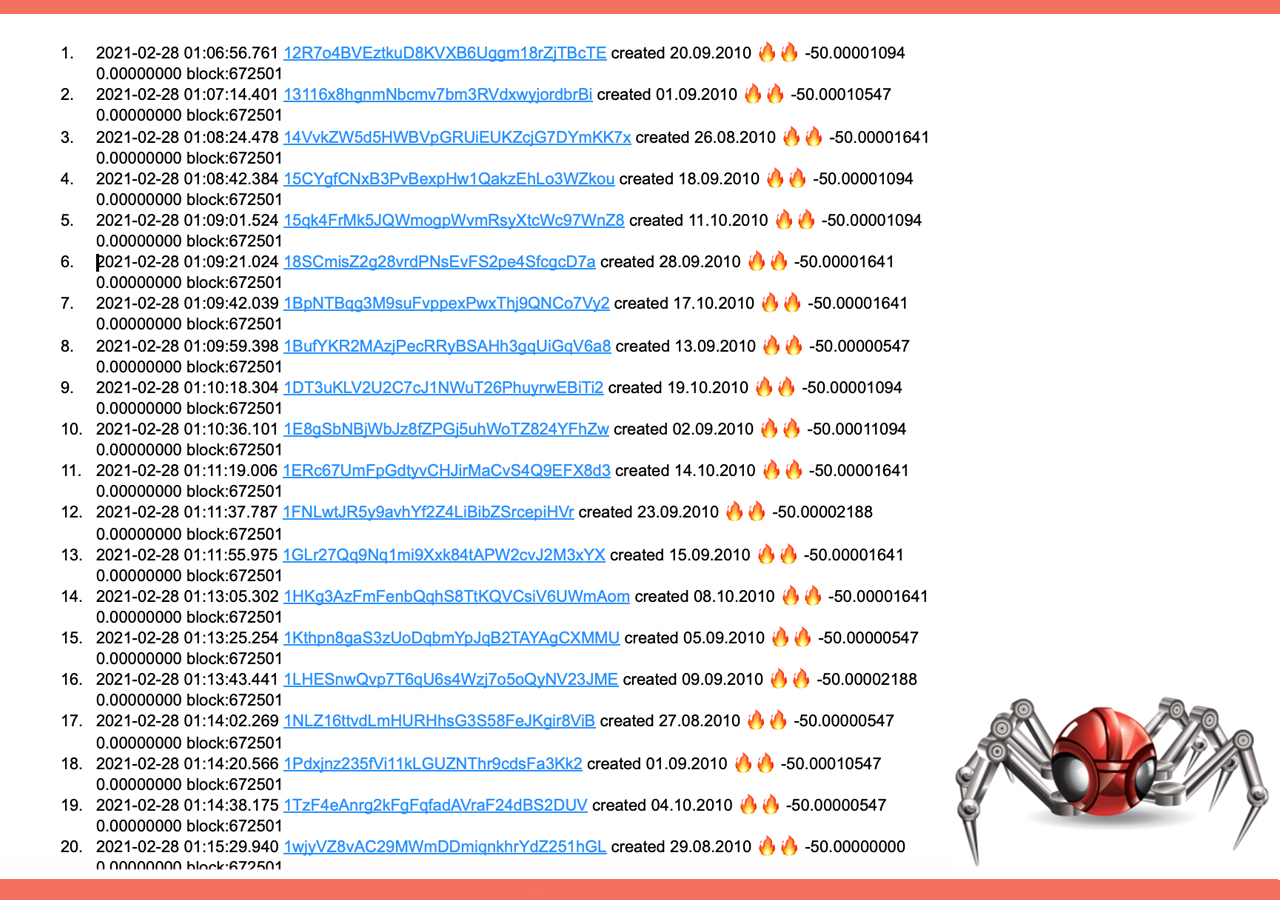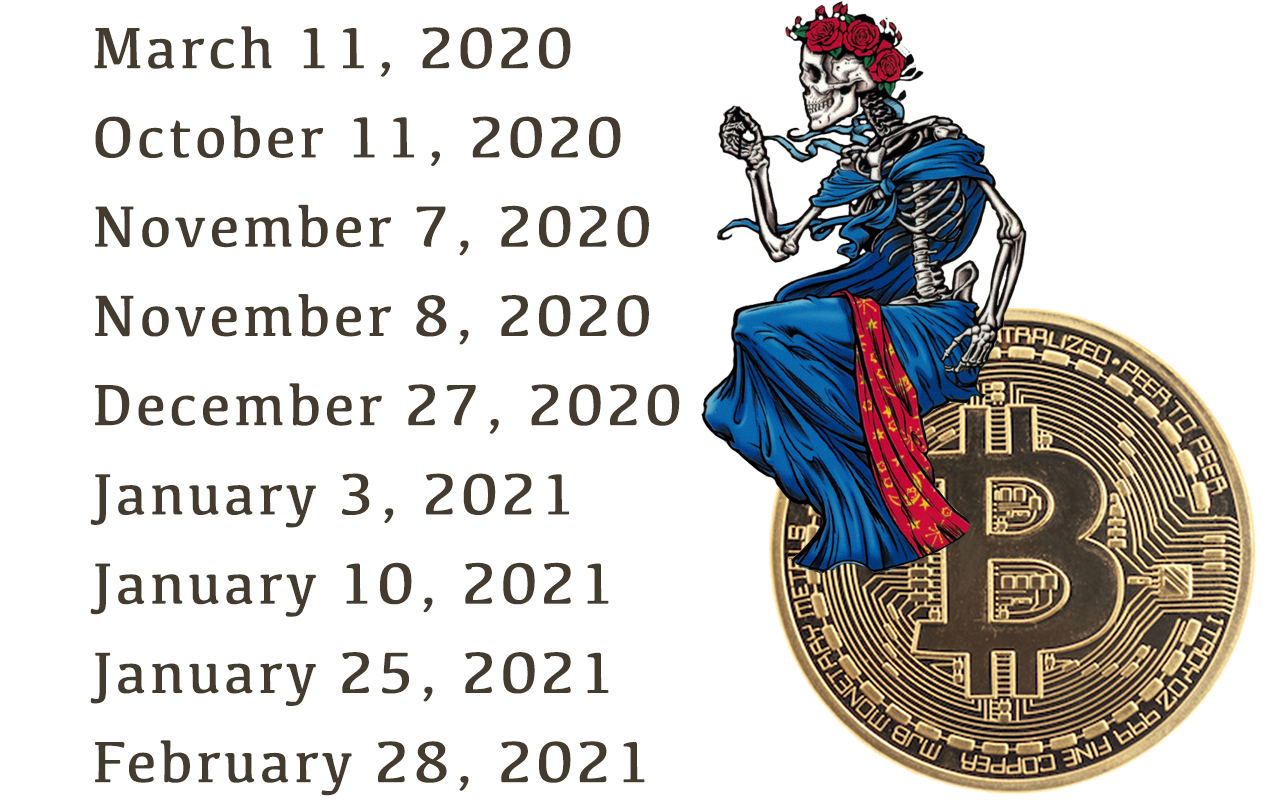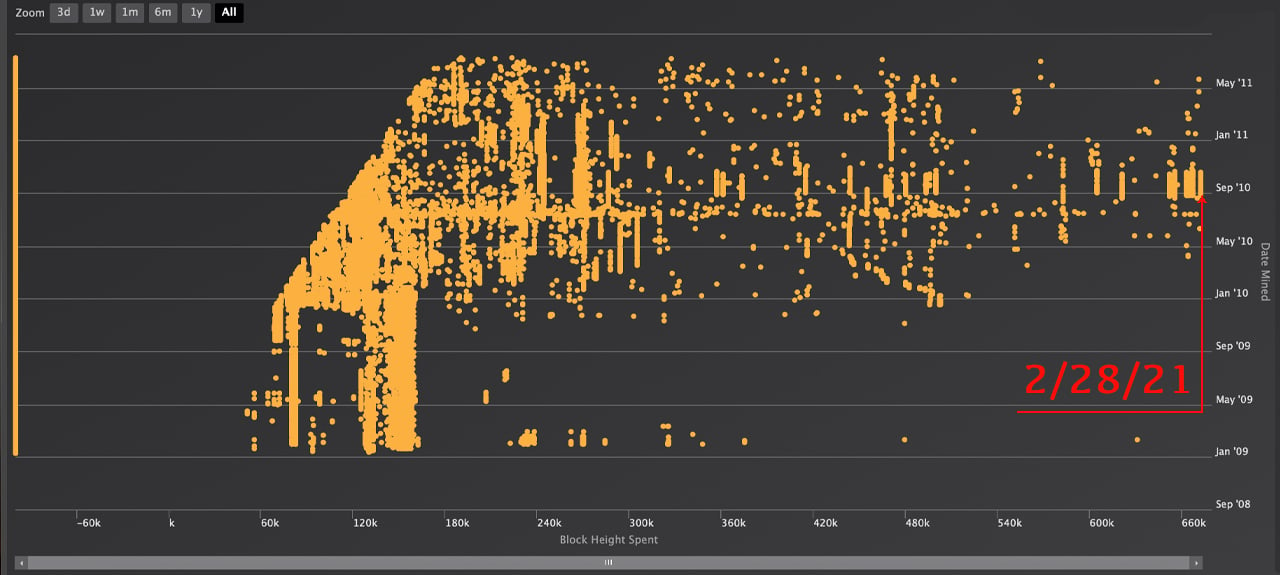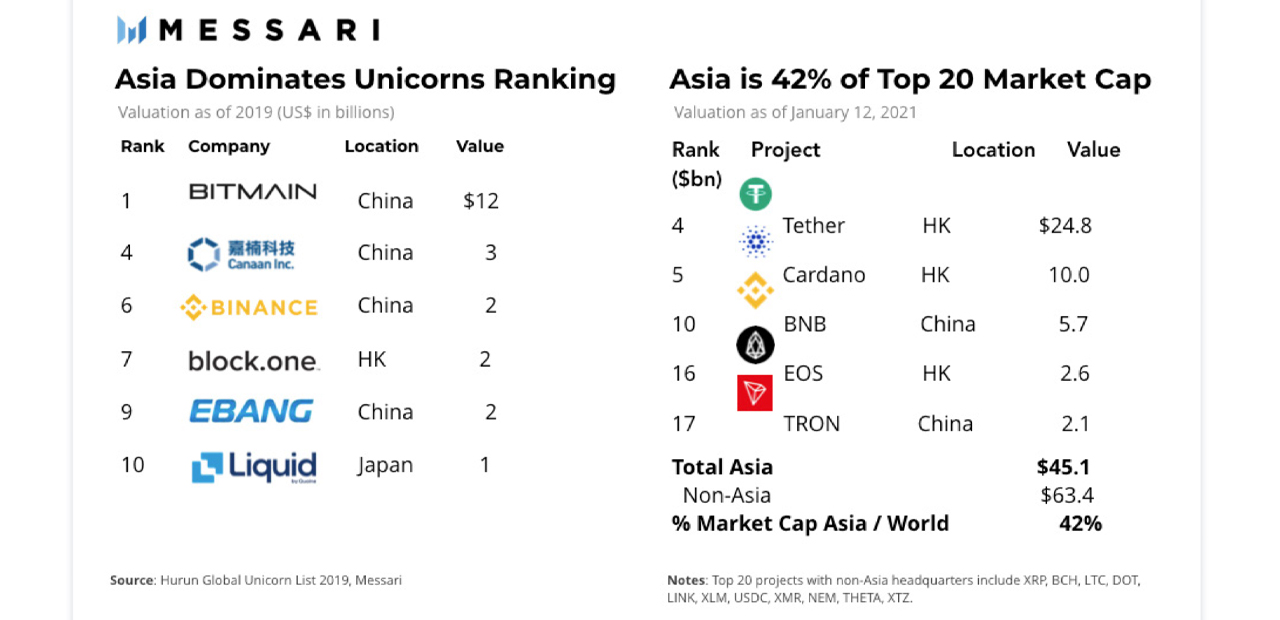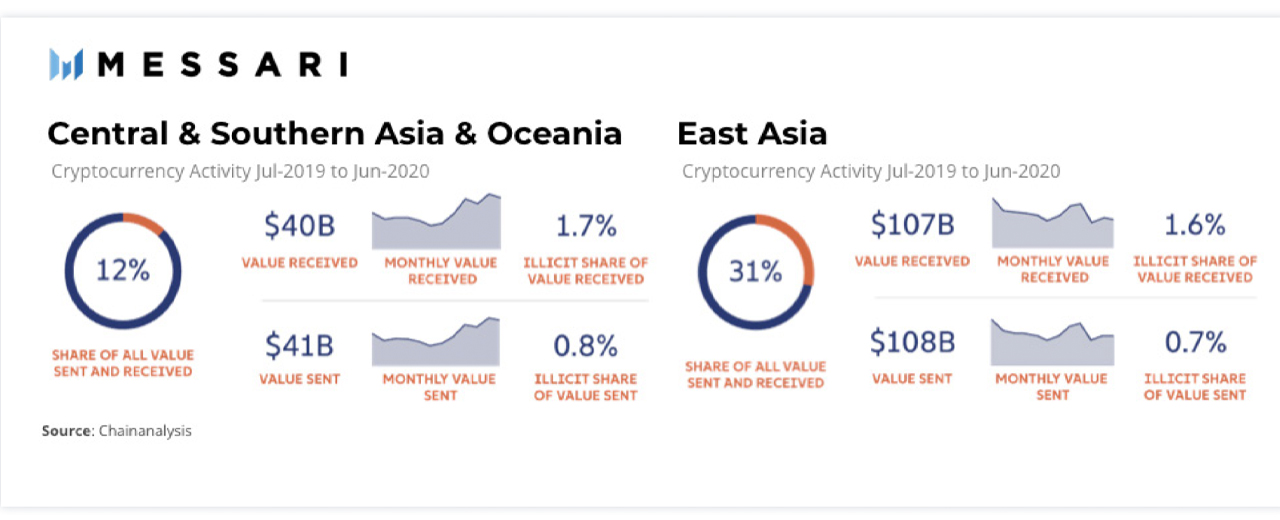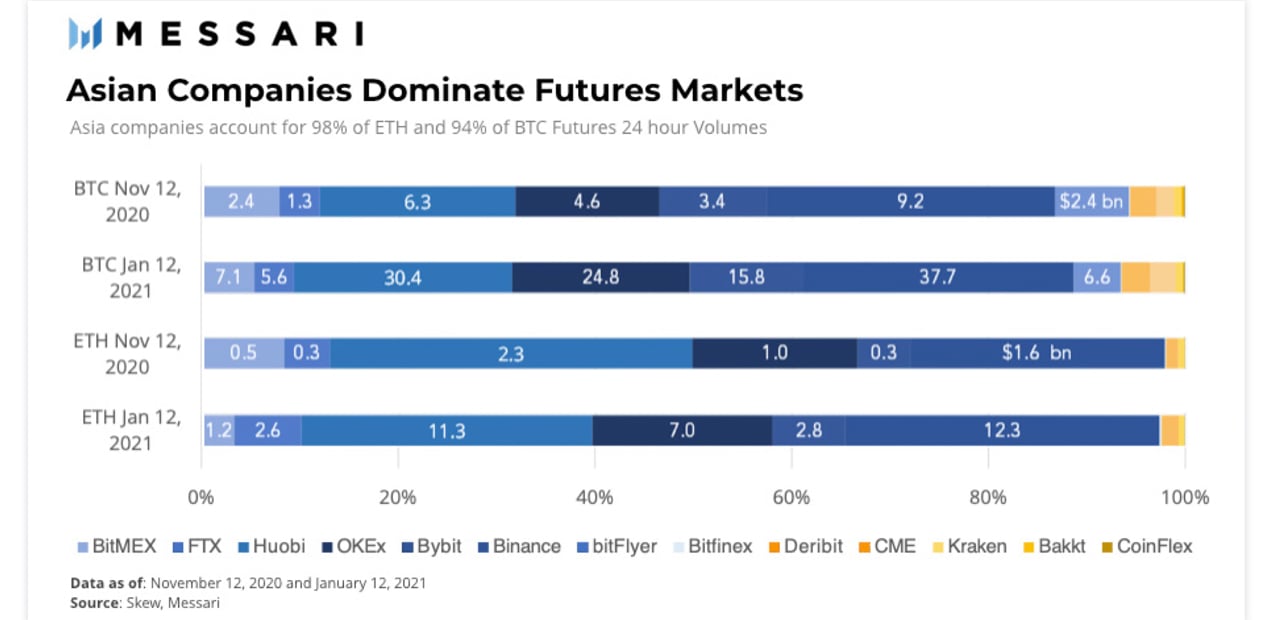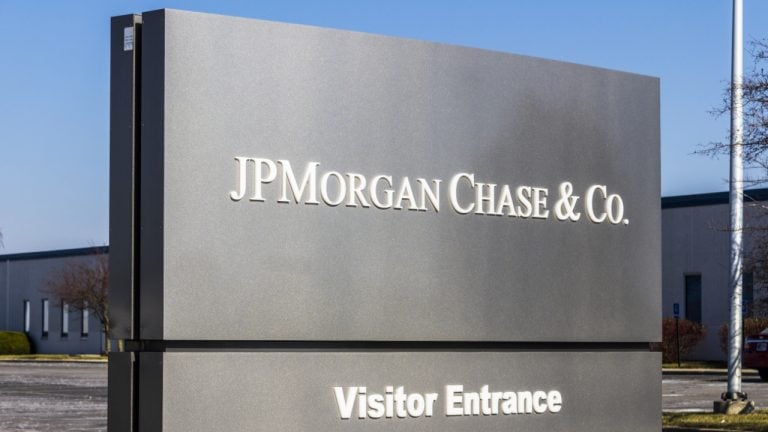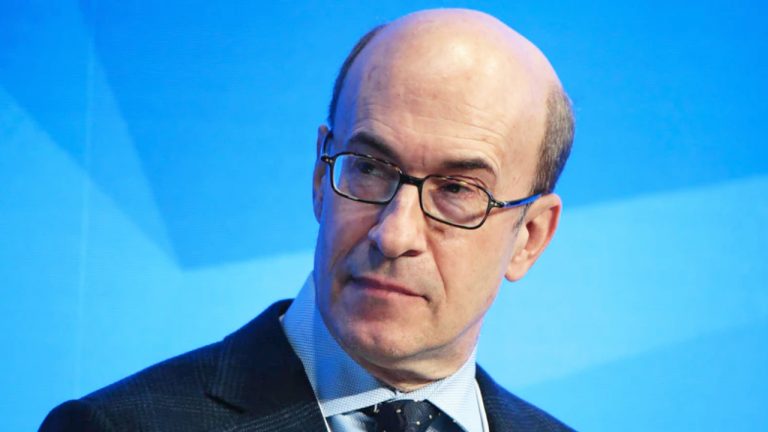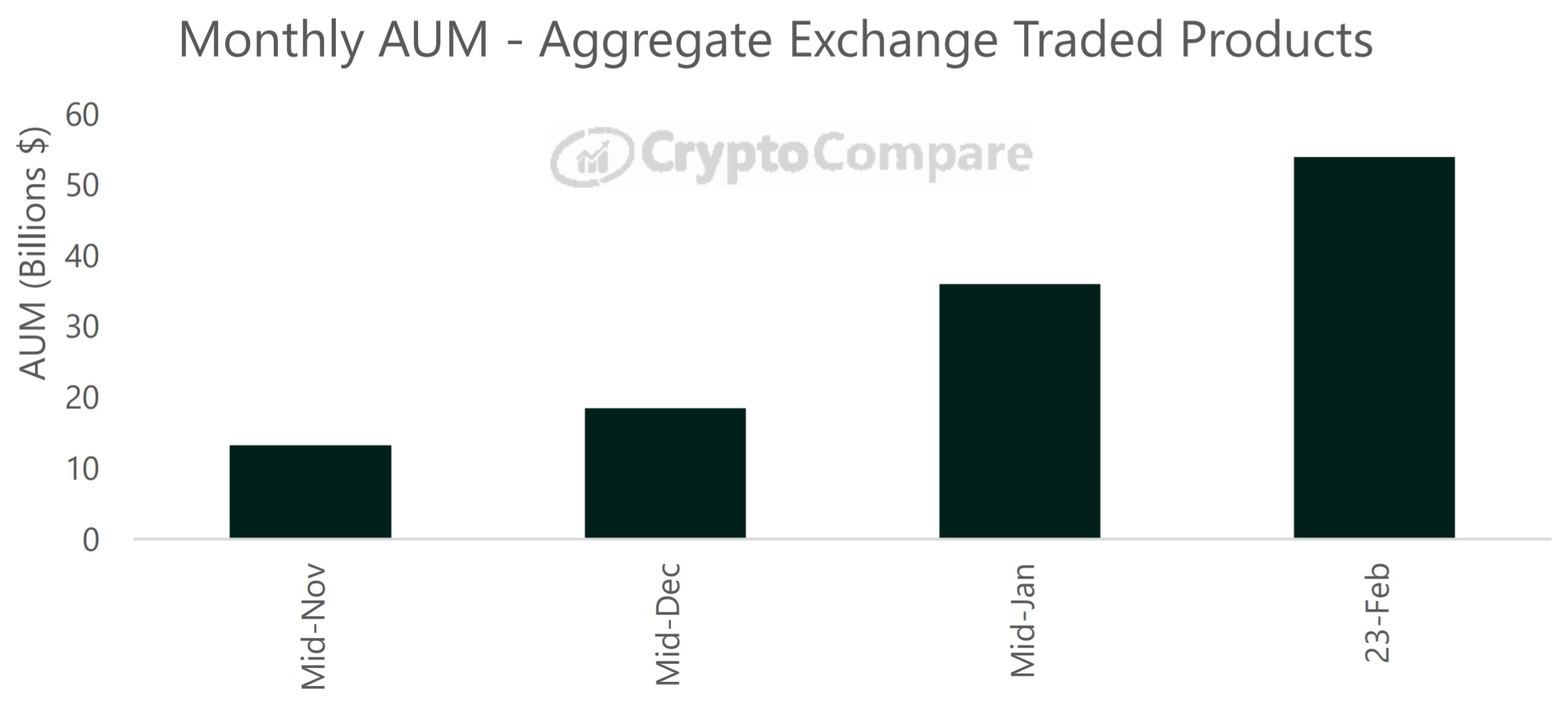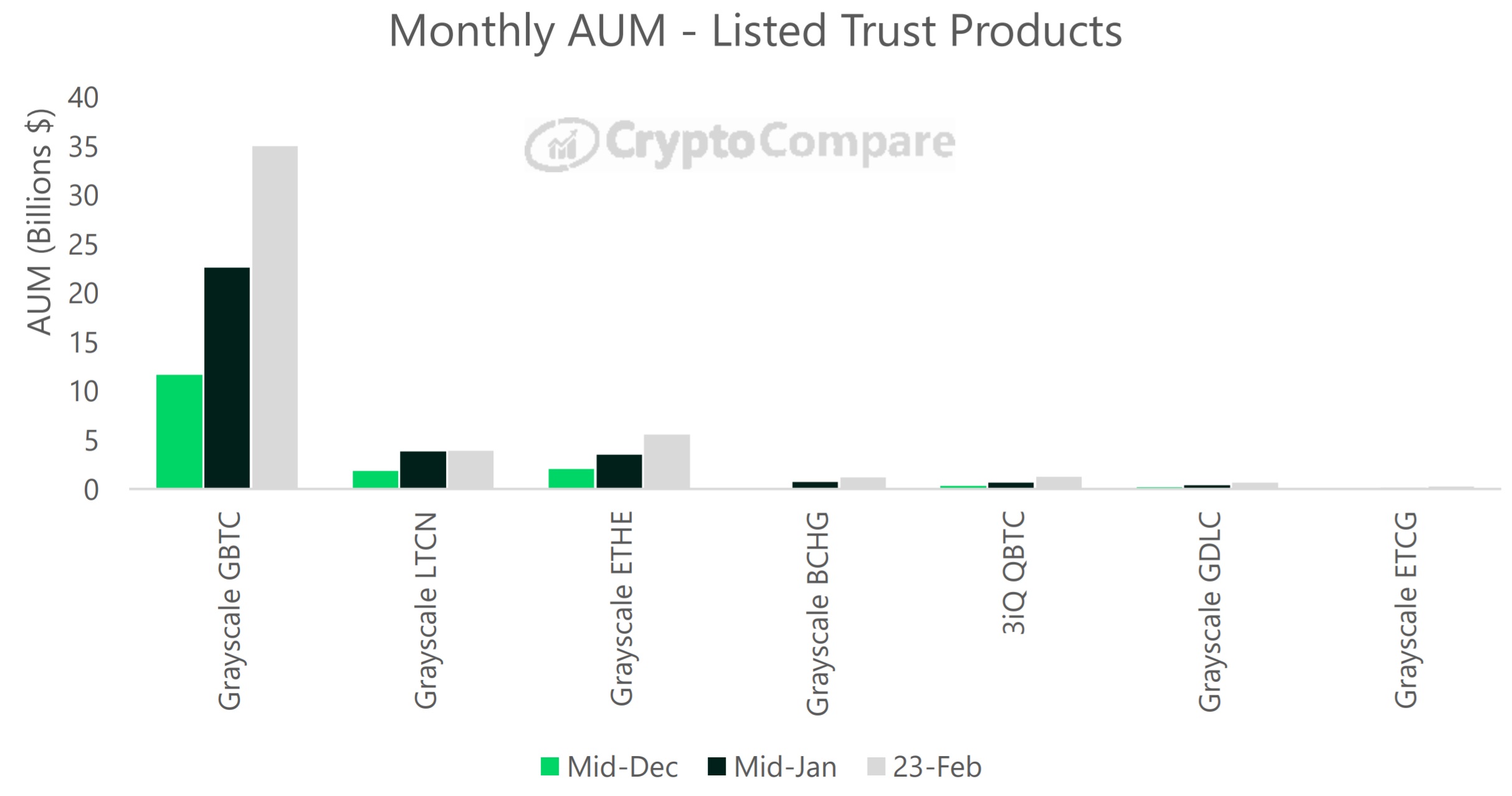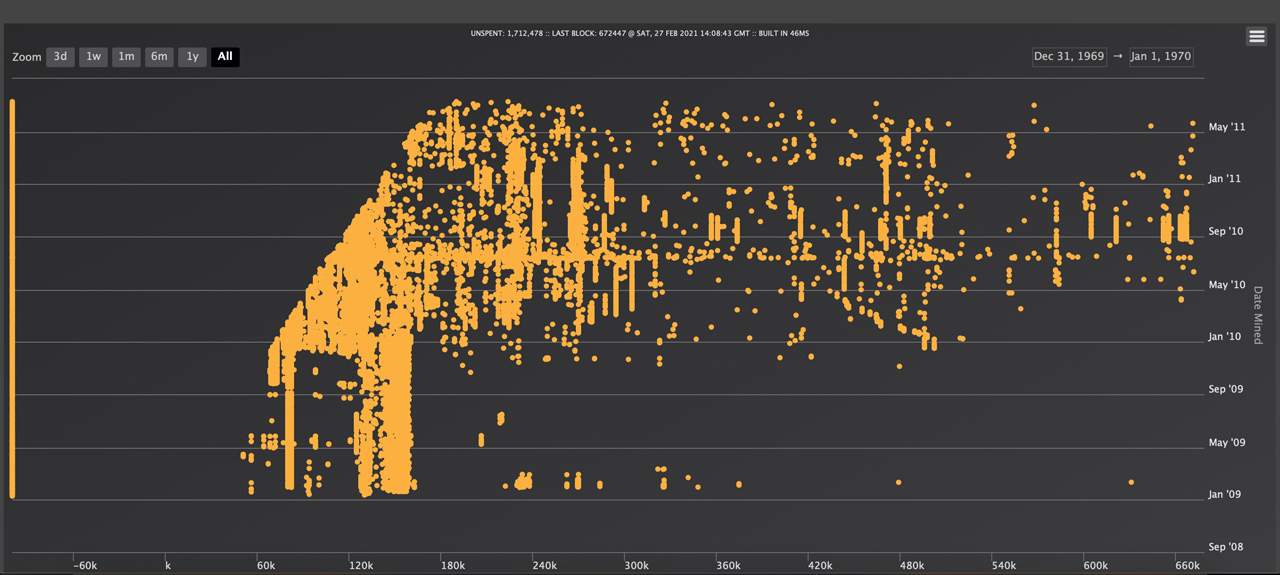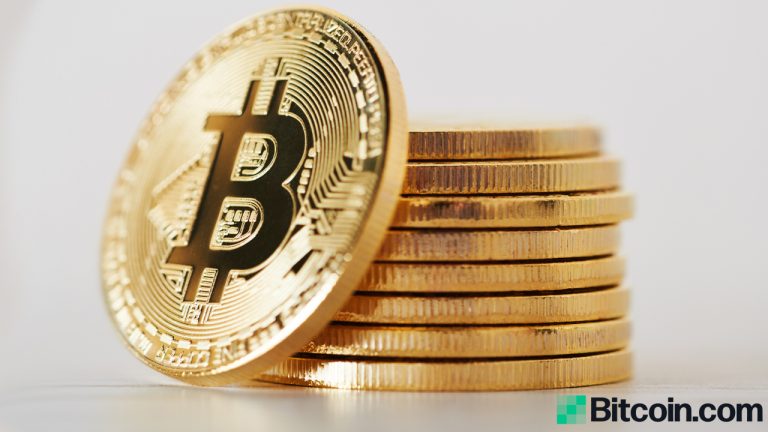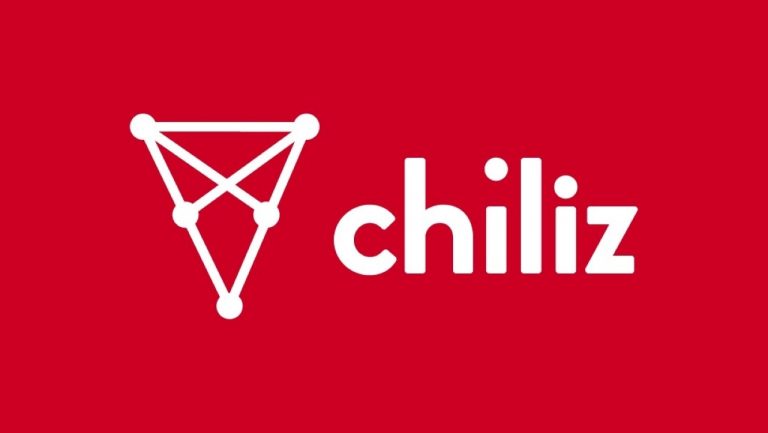
- Chiliz $CHZ – the digital currency for sports and entertainment – has announced listings on the Bitcoin.com Exchange, HitBTC and Changelly platforms.
- Chiliz is the on-platform currency of fan engagement platform Socios.com, which is built on the Chiliz blockchain infrastructure. Socios.com allows sporting and entertainment organisations to monetize their global fanbases through digital assets known as Fan Tokens.
- 23 major sporting organisations have partnered with Socios.com to launch Fan Tokens including FC Barcelona, Juventus, Paris Saint-Germain and AC Milan. Many more major clubs will launch Fan Tokens in 2021.
- Several Fan Tokens have already been listed on major exchanges, with the Fan Token market cap currently exceeding $194M USD.
PRESS RELEASE. Chiliz ($CHZ) – the leading digital currency for sports and entertainment, will be listed on the Bitcoin.com Exchange on March 03rd at 10am UTC. CHZ will be listed on Changelly in one week’s time. In addition to these two listings, CHZ also went live on HitBTC recently. Chiliz will be available on all three platforms in BTC to CHZ and CHZ to USDT pairs.
Chiliz $CHZ is the on-platform currency of fan engagement platform Socios.com, which enables sporting organisations to engage with and monetize their global fanbases through digital assets called Fan Tokens.
23 major sporting organizations have partnered with Chiliz to launch Fan Tokens on Socios.com, including FC Barcelona, Juventus, Paris Saint-Germain, AC Milan, AS Roma, Atlético de Madrid, Galatasaray and Trabzonspor. Leading esports organizations Team Heretics, NAVI, OG and Alliance have all launched Fan Tokens on the platform, while UFC have signed a global fan engagement agreement and fellow MMA organisation the Professional Fighters League will launch a Fan Token in the coming months. More major clubs are set to launch Fan Tokens in the near future.
Socios.com is one of the most active non-financial, consumer-facing, mainstream blockchain products in the world and in just over a year it has been downloaded by more than 500,000 people.
Fan Tokens generated over $30M USD in revenue in 2020 that was shared with Socios.com clubs and partners. In late December and early January several Fan Tokens were listed on major global exchanges driving significant activity, with Paris Saint-Germain ($PSG) and Juventus ($JUV) trading volumes hitting a 24 hour high of $300M in late December.
Founded in 2018 Chiliz ($CHZ) is a fintech blockchain company that provides sports & entertainment entities with tools to help them engage & monetize their global audiences. The company has multiple office locations around the world, including Malta, France, Turkey, Korea and South America and employs nearly 100 staff. In 2021 the company will open new Madrid and New York based offices.
Alexandre Dreyfus, CEO and Founder of Chiliz and Socios.com, said: “We’re delighted to further increase the liquidity of Chiliz $CHZ with these three key listings.
“This is just the beginning of what we believe will be very strong partnerships with all three platforms.
“We look forward to more exciting announcements in the future as we continue our mission to build a $1 billion Fan Token ecosystem, drawing participation from the world’s biggest sports and entertainment properties.”
About Chiliz
Chiliz ($CHZ) is a fintech blockchain company that provides sports & entertainment entities with tools to help them engage & monetize their global audiences. The company’s consumer facing app Socios.com launched in late 2019. To date, 21 major sporting organisations, including FC Barcelona, Juventus, AC Milan and Paris Saint-Germain have partnered with Socios.com to launch Fan Tokens. Leading esports organizations Team Heretics, NAVI, OG and Alliance have all launched Fan Tokens on the platform, while UFC have signed a global fan engagement agreement and fellow MMA organisation the Professional Fighters League will launch a Fan Token in the coming months. More major clubs are set to launch Fan Tokens in the near future. All of these projects are fueled by the Chiliz token ($CHZ), a chain-agnostic digital currency which is currently available on leading crypto exchanges around the world. Fan Tokens generated $30M for clubs and partners in 2020, while in December of the same year Fan Tokens for Juventus and Paris Saint-Germain were listed on the world leading exchanges, driving trading volumes of $300M in 24 hours. Chiliz has multiple office locations around the world, including Malta, France, Turkey and Asia. In 2021 the company will open a new Madrid based office.
For Further Information:
Chiliz / Socios.com
Andrew Clarke – Head of PR
For more information please visit www.socios.com / www.chiliz.com
This is a press release. Readers should do their own due diligence before taking any actions related to the promoted company or any of its affiliates or services. Bitcoin.com is not responsible, directly or indirectly, for any damage or loss caused or alleged to be caused by or in connection with the use of or reliance on any content, goods or services mentioned in the press release.
via Bitcoin.com PR
